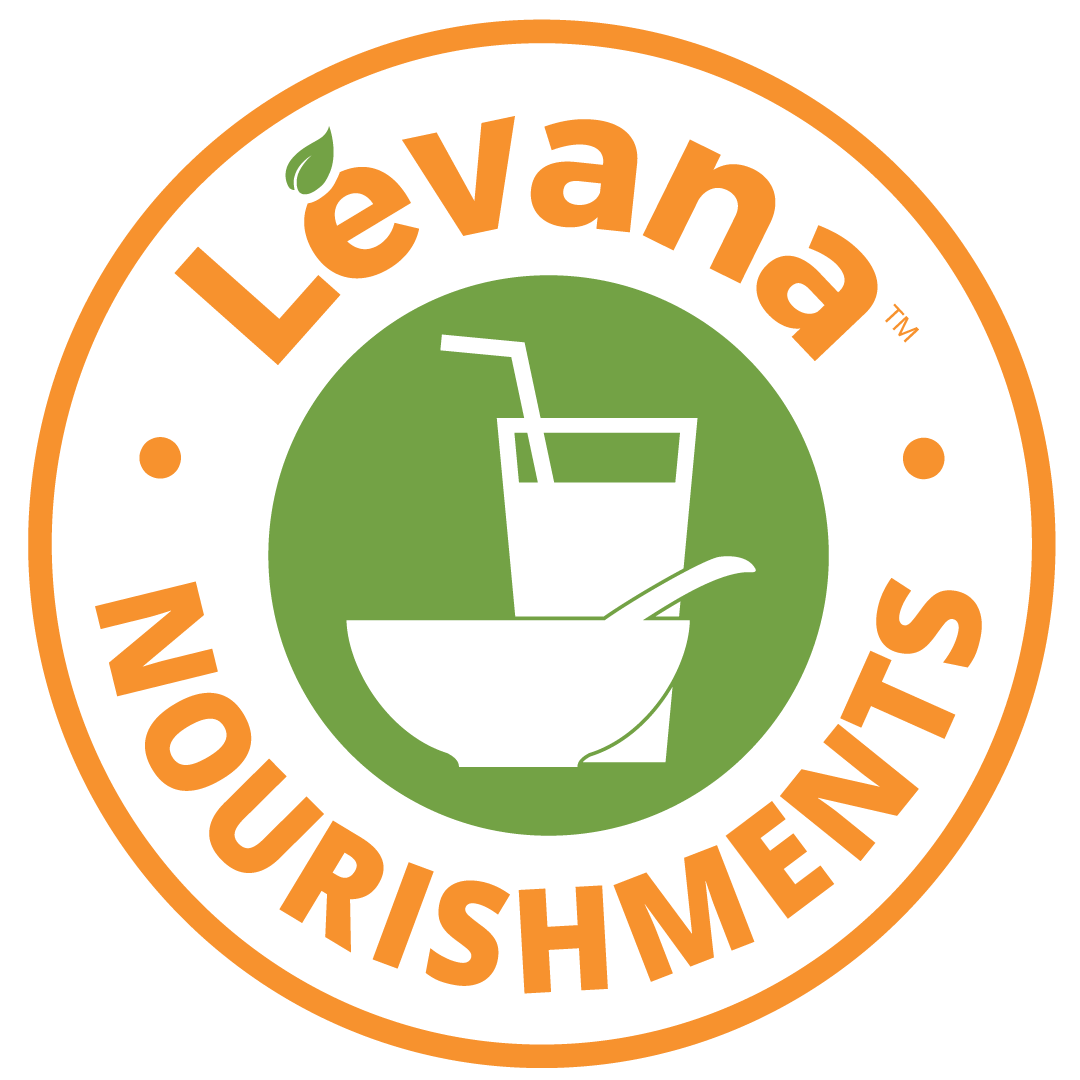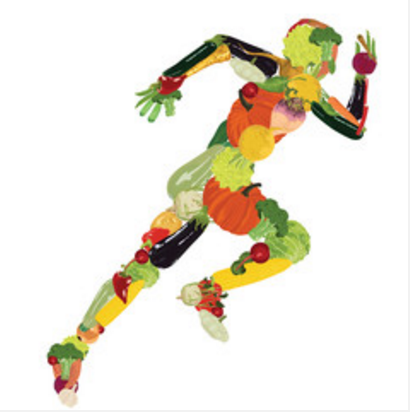Whether you’re a seasoned triathlon athlete, a casual gym goer, or somewhere in between these tips can help you perform at your best every day.
-
Time your meals wisely
When you eat can affect your workout almost as much as what you’re eating. If you’re working out first thing in the morning you may not need to eat (unless you are doing long or strenuous workout). In that case, a medjool date or two are my go to pre-workout fuel. They provide quick, easily digestible energy and you can eat them about 30 min (or even less) before a workout. An hour and a half or 2 hours pre-workout, your body can handle a more substantial light meal or snack. Opt for oatmeal and nut butter (or our Raw Overnight Oats), hummus and whole wheat pita or roasted/steamed veggies. Try to avoid raw veggies so close to a workout as they are more difficult to digest. Make sure to include adequate carbohydrate to provide fuel for your muscles.
-
Don’t overcompensate at meals
After your workout, you need to replenish your body’s fuel and fluids. However, often this leads to overconsumption afterwards. You may feel ravenous, which dehydration, not necessarily hunger, often exacerbates. This effect on appetite is seen more often in women than in men.[i] To combat this, eat a well-balanced meal, enjoying it slowly and mindfully and be sure to hydrate.
-
Protein Myth Busted
Today there seems to be an obsession with protein. The mentality is more is better, especially when it comes to gym rats. The truth is, the Academy of Nutrition and Dietetics recommends 1.2g-2.0g/kg bodyweight for athletes depending on the intensity of their training regimes.[ii] For the average 150lb American woman, that is only 81-136g of protein, with the higher range reserved for elite athletes working out for hours per day. The typical lightly active person need 0.8g-1.0g/kg, which for our same hypothetical person would be 54g-68g. Some commercial protein shakes boast their 40g of protein per serving, which is far too much for most people. Replenish your body and build muscle through whole food proteins like lentils, quinoa, fish, and lean meats or one of Levanaâ„¢ Nourishments cold blends mixed with a cold liquid to form a delicious smoothie.
-
Carbs are Your Friend
The International Society of Sports Nutrition recommends a 3 or 4g carbohydrates per 1g protein post workout to replenish glycogen stores, which is your muscles’ main fuel source. [iii] Opt for carbohydrates that have fiber and nutrients for added health benefits. Fresh fruit and yogurt, Energy Bars, or Pasta with Swiss Chard and Shiitake prepared with brown rice or legume-based pasta for an added boost.
-
Hydrate
The Institute of Medicine recommended a water intake for men of about 13 cups (3 liters) and about 9 cups (2.2 liters) for women. Exercise that is under an hour necessitates an additional 1.5-2.5 cups, even more if in extreme heat or high altitudes. [iv]Â Water is needed for adequate fluid balance and electrolytes, supple skin, and energy. Tired of plain water? Try adding in fresh mint, lemon, lime, or berries to naturally add flavor.
By: Danielle Bertiger
[i] https://www.ncbi.nlm.nih.gov/pubmed/15531670
[ii] http://www.eatright.org/resource/fitness/sports-and-performance/fueling-your-workout/protein-and-the-athlete
[iii] https://jissn.biomedcentral.com/articles/10.1186/1550-2783-5-17
[iv] http://www.mayoclinic.org/healthy-lifestyle/nutrition-and-healthy-eating/in-depth/water/art-20044256?pg=1


Comments are closed.